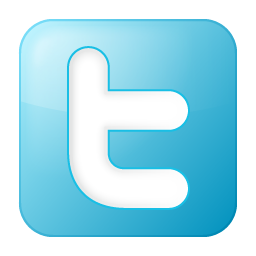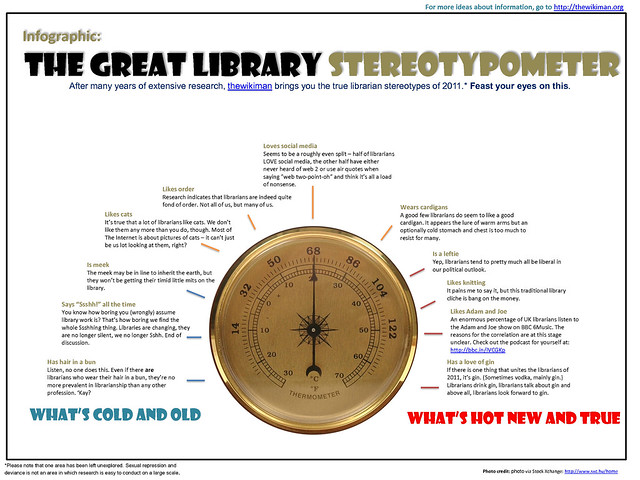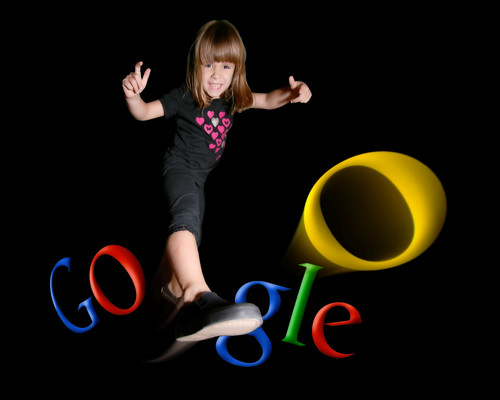 When most people join Twitter, they don’t know whether they’ll stick with it or not. For this reason, they often start following a few people before they’ve really set up their profile, and this can actually end up being detrimental to their twitter experience.
When most people join Twitter, they don’t know whether they’ll stick with it or not. For this reason, they often start following a few people before they’ve really set up their profile, and this can actually end up being detrimental to their twitter experience.
The reason is, when you start following someone, in most cases they get an email saying ‘X is now following you’ – this email includes your bio, your pic, and a link to your profile. If you don’t have a bio, your only tweet is something along the lines of ‘Don’t really understand this twitter lark!’, and your picture is the default twitter egg, chances are they won’t follow you back. And seeing as you’ve gone out of your way to identify key people to follow first of all, this is potentially a huge missed opportunity to engage with people who you’d get a lot out of chatting to.
So to avoid this, and generally get off on the RIGHT foot on Twitter, here are 3 very simple things to do right away, as soon as you join, and before you do anything else:
- Put in a picture, preferably a head-shot. If you’re really camera shy then put in a picture of a robot or whatever, but put in SOMETHING – lots of people refuse to follow anyone with the twitter egg, right off the bat. Twitter is a personal medium – even if you’re only using it for professional networking, you really need a picture of yourself up there.
- Put in a proper, engaging bio. Remember, people get emailed when you follow them. Oh, who is this new follower and shall I follow them back? I don’t know who they are because they’ve not put in a bio – so I won’t bother. Twitter is about connecting with people – use the bio to say something about yourself, which will make the kinds of people who you want to connect with, want to connect with you. Try and avoid ‘reluctant twitterer’ or similar as the last sentence.
- Write a couple of tweets. I know it seems silly to broadcast tweets to no one, but you need to give people something to go on when they’re deciding whether to follow you back. Everyone’s first tweet is roughly ‘Am trying twitter out – hello world!’ or something along those lines, and that’s fine, no one expects your first tweet to be a work of 140 character genius. But follow that up with something more meaningful, perhaps about what you want to get out of Twitter, the types of professionals you want to tweet with, or maybe a link to a really useful article or piece of information.
.
Just do those 3 simple steps and you’ll hit the ground running, and have more chance of developing relationships with people who matter to you.
- thewikiman
More on stuff on Twitter from this blog:



